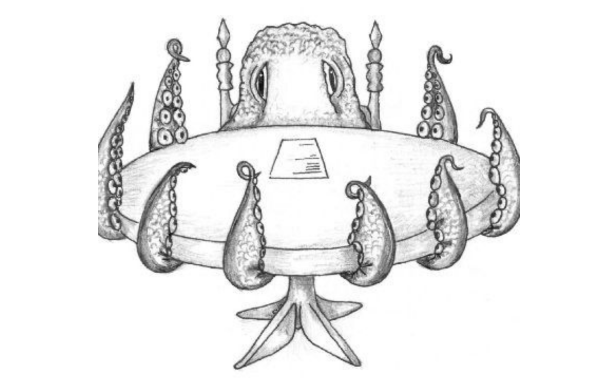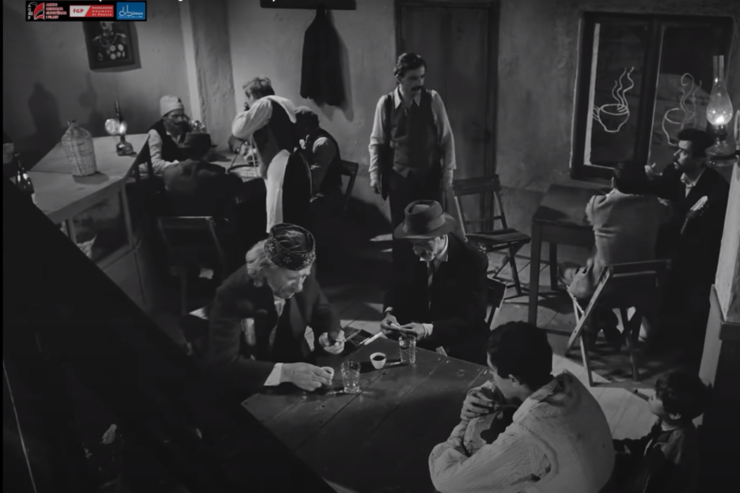Immediately after the great political upset of the early 1990s, international institutions, foreign governments and other third parties poured millions of euros and dollars into Albania, to help educate and train a new political class, which would be radically different from the one we inherited from the past. They did so indirectly, by stimulating the growth of NGOs and other forms of civil society, which later inevitably lead to the migration of many professionals from civil society into active politics. As recently as a decade ago, I had considered this drain as detrimental to civil society; it would never be able to consolidate, if it’s best, most capable and most energetic leaders were leaving it to move into active politics.
These past few years, however, a new worrisome trend is developing: leaders who make the jump into politics, especially to executive power, directly from civil society and NGOs that fail to or maybe even refuse to adapt to the new environment, opting instead to preserve and activate their old instincts. In doing so, not only does civil society risk of being reduced to a breeding ground for future, professional politicians, neglecting its fundamental, civil mission; but even politics, starting at the executive function, is beginning to behave like an enormous NGO, with potentially serious consequences for the state and society as a whole.
Noticeably, many of these leaders currently in power are finding it hard to establish and maintain relationships of trust and bona fide with citizens; to say nothing of their almost arrogant disregard for the mechanism and even the principle of representation; as is noticeable, among these professional politicians, always in transition from one position of power to the next, a readiness to kowtow to donors – or rather the financial sources they need to justify their stay in power and to feed the permanent election campaigns; and lastly, their tendency, if not obsession, to replace genuine political action with gestures, metaphors, maps, coups de théâtre, festivals, performance art, PowerPoint presentations, manipulation of traditional and social media, and technocratic jargon.
To the old tradition, of Albanian rulers acting as proconsuls on behalf of an external, superior and morally supreme power, this new breed of NGO politicians is contributing its mastery in filling out applications, proposing projects, drafting visions and declaiming missions, possibly in lands as far from their country as possible (if they can’t yet claim their place in the global jet sets, at least they can claim they know how to use their jet packs); and, most of all, their ability to invest all of their energies in securing where their next source of funds– because that is where they get their legitimacy from, rather than from their citizens’ votes and taxes.
Albanian original: GJITHË PUSHTETI OJQ-VE
Zbuloni më tepër nga Peizazhe të fjalës
Pajtohuni, që të merrni postimet më të reja dërguar drejt e në email-in tuaj.



